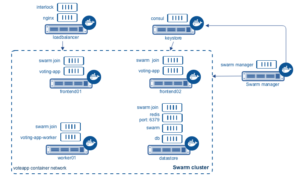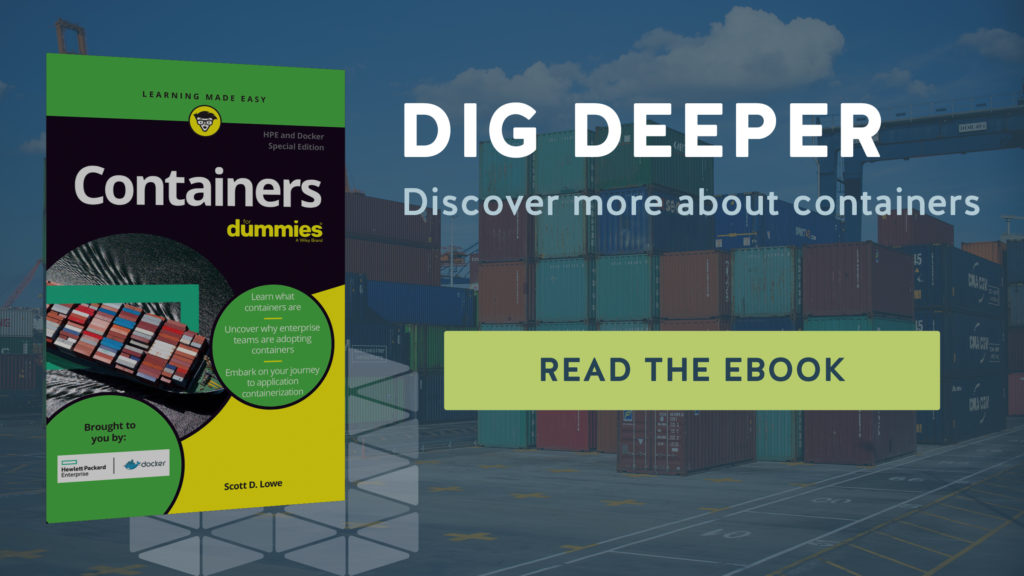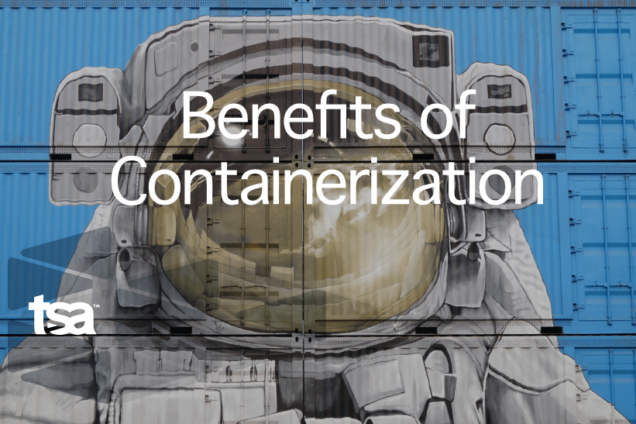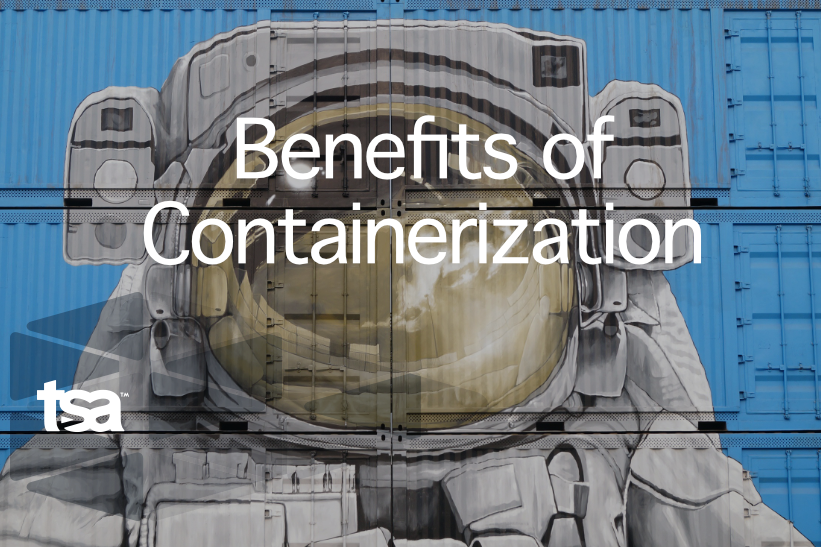As a business’ operations start to grow, so do their IT systems. This can present a challenge when adding new features, making changes, or trying to scale functions. Containerization has evolved over the years to help alleviate some of these challenges and allow companies to grow while maintaining efficient organization.
Containerization is a complementary approach to virtualization, designed to solve application management issues. While traditional cloud infrastructure involves storing applications and related files in a single virtual machine, containerization separates applications and stores them in different “containers” that can be distributed on different physical and virtual machines without requiring an entire operating system for each application. This process is ideal for organizations that must enable support for a wide range of devices and platforms.

If you are wondering whether this approach might be right for your organization, consider some of these top benefits of containerization:
1. Increased Portability
One of the greatest benefits of containerization is that containers are highly portable. When developers move containerized applications across one or many servers, they don’t have to worry about integration issues with the operating system or other inconsistencies that might slow down activity in a traditional computing environment.
2. Improved Scalability
With containerization and a service-oriented application design, you can scale just the functions you want to without affecting the entire application. For instance, this makes it possible to scale the database component of a web application without scaling the front end servers. With containerization, scaling is also nearly instant as you are able to add and remove resources rapidly. With more containers, you can scale quickly without the need to setup and configure additional servers.
3. Simple and Fast Deployment
Another main benefit of containerization is its ability to simplify and speed up the deployment and configuration processes. With containers like Docker, you can create a single “master” version of your image to quickly deploy on-demand. These containers provide you with the flexibility to quickly create new containerized instances of applications to address growing traffic or rapidly destroy multiple containers to reduce cloud costs.
4. Enhanced Productivity
Containerization also provides developers with a new level of efficiency as it promotes a rapid development environment. Containers offer a fast feedback loop that allows developers to change a platform’s source code and instantly track these changes as the applications are running using the same source code. Containerization also helps simplify the installation process and decrease dependency errors, allowing you to save time when installing applications.
5. Improved Security
Application isolation allows you to improve security by setting each application’s major process apart from one another in separate containers. This allows you to share specific resources without risking any internal or external security. For instance, if you were working with an outside development team to build an application, you can provide them with just the resources they will need without compromising any information on your own network.
Just the Beginning
These are just a few of the benefits that containers offer. These tiny little encapsulation devices are changing the way businesses deploy service-oriented applications, and their use is only growing.
Ready to start testing out containers on your machine? Learn how to get started with Docker.


